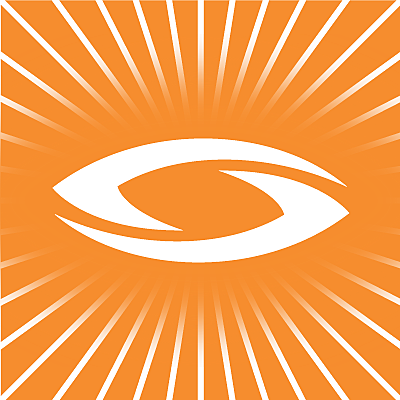Originally published in Hellenic Shipping News. Read the original article here.
For nearly 200 years, Bureau Veritas has ensured the safety of the shipping industry through testing, inspection and certification. However, the rise of the global COVID-19 pandemic left this age-old industry faced a brand-new challenge. “The process of inspections and classification has remained very traditional, based on human expertise” says Vincent Joly, Digital Solutions Manager at Bureau Veritas Marine & Offshore. “Before the context of COVID-19, while we were very advanced in developing remote capabilities – and a good thing, too – no one could have imagined the accelerated requirements to switch to remote service delivery.” While unexpected, Bureau Veritas took the challenge the pandemic presented and used it as an opportunity to usher help intensify the transition to a new era for the shipping industry—fully remote and digital surveys.
At the onset of the pandemic, the primary challenge facing surveyors was how to transition the critical, in-person work to remote with shipmanagers who were not prepared. Operations could not stop as hundreds of ships needed to be surveyed daily to assess damages, safety and ensure environmental protection. To add an additional layer of difficulty, the restrictions and regulations varied significantly across countries as they all responded differently to the rise in COVID-19 cases.
To ensure they could remain operational, Bureau Veritas turned to digital classification supported through innovative services including SightCall, an AR-enabled visual assistance platform. “Using SightCall, we call the master of the ship or the superintendent of the company to initiate a session without sending a surveyor onboard,” says Joly of the platform that they chose for this transformation. Once the call is initiated, the client uses real time video communication to show the surveyor the item that needs to be inspected. They can verify documentation onboard, look at the hull or check a leak through their mobile device. The platform works in an offline mode so that the client can take photos and videos below deck then share that media in a live stream with a surveyor when back above deck. The surveyor can make annotations, take high resolution images and still perform the inspection using the media the client provides.
As the pandemic continues on and some industries are starting on the path to recovery, Bureau Veritas says that remote surveys will continue to be a part of their business as AR-enabled visual assistance has proven to have several benefits. According to Joly, “It’s better for the planet, less costly for the client and safer for the surveyor. We can generate evidence faster. We have better occupancy of the surveyor and they can perform more surveys, because they are spending less time traveling.” Reducing its carbon footprint has long been a goal of Bureau Veritas and many others in maritime. Remote operations make this goal even closer. Many in supply chain feel the pressures of a need for a more sustainable future and found that digital transformation helps answer that call.
When asked about continuing to push the industry beyond its centuries-old practices, Joly believes there’s opportunity for continued innovation. “Through remote operation and SightCall we can generate more data, like pictures and videos, to build new models in AI and enable additional value and services. We are excited about the possibilities of new services and new deliverables in the future with real-time communication tools. We will still need surveyors on ships but we now have an additional and crucial capability to take us into the future.”




